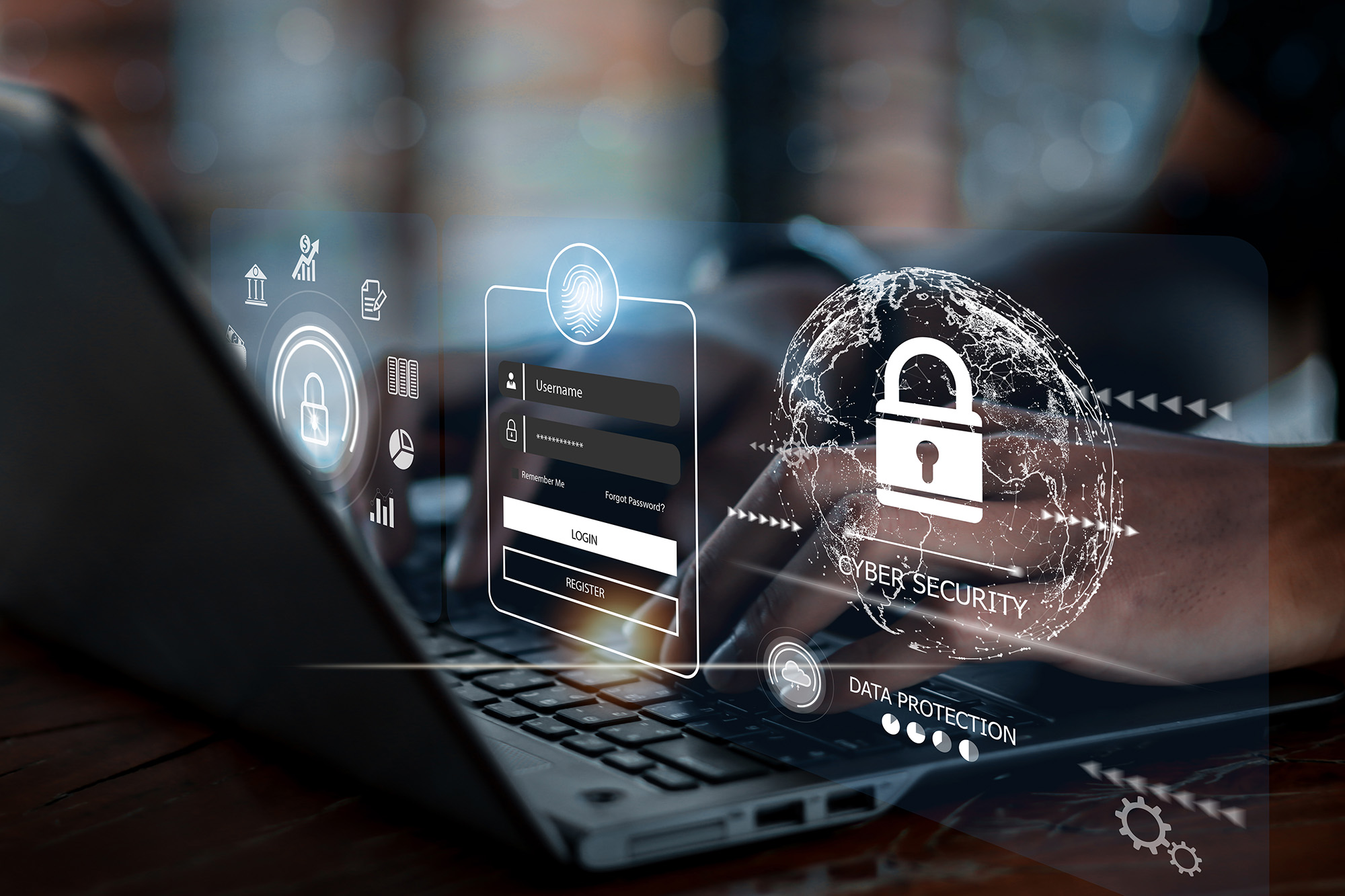The Importance of Strong Passwords and How to Create Them

The Importance of Strong Passwords and How to Create Them
August 9, 2023
In today’s digital age, where almost every aspect of our lives revolves around the internet, protecting our online accounts and data has become more critical than ever. One of the most fundamental yet effective ways to enhance online security is by using strong passwords.
Unfortunately, many people still underestimate the significance of strong passwords, leading to a higher risk of data breaches and identity theft. In this article, we will delve into the importance of strong passwords and provide essential tips on how to create them.
Why Are Strong Passwords Important?
The Rise of Digital Threats
In recent years, the rise of digital threats has become a growing concern for individuals and businesses alike. The increasing reliance on technology, online services, and interconnected devices has created a vast digital landscape vulnerable to cyberattacks. From sophisticated hacking attempts to phishing scams and data breaches, hackers continuously seek opportunities to exploit weak security measures. In the first quarter of 2023, weekly cyberattacks increased by 7% on a global scale!
Hence, strong passwords have emerged as a crucial line of defense against digital threats. They act as the first line of protection, serving as a tough barrier that prevents hackers and unauthorized individuals from gaining access to sensitive information. By using strong passwords, users can significantly fortify their online accounts and data, mitigating the risks of identity theft, financial fraud, and unauthorized access to personal and confidential information.
Emphasizing the importance of strong passwords has become an essential aspect of cultivating a safer digital environment for all users, fostering a sense of trust, security, and confidence in the digital realm.
6 Reasons Why You Should Have Strong Passwords
Creating strong passwords for your accounts offers a range of benefits that contribute to enhanced online security and the protection of personal and sensitive information. Here are the key reasons why you should have strong passwords:
1. Protection of Personal Information
Your passwords are the gatekeepers to your personal and sensitive information. They prevent unauthorized access to your email accounts, social media profiles, banking details, and other online services. A strong password makes it significantly more difficult for cybercriminals and hackers to crack or guess the password, thereby protecting your accounts and data.
2. Defense Against Brute Force Attacks
Cyber attackers employ automated tools to carry out brute force attacks, where they try various combinations of characters until they crack your password. A strong password with a mix of letters, numbers, and special characters makes these attacks significantly more challenging to succeed.
3. Mitigation of Identity Theft
Many individuals use the same password across multiple accounts. If one of these accounts gets compromised, cybercriminals can use those credentials to attempt to access other accounts and steal your identity to commit fraud or other crimes. Having unique strong passwords for each account ensures that even if one account is compromised, the rest remain secure and makes it harder for attackers to impersonate you and steal your identity.
4. Safeguard Business Data
For businesses, strong passwords are crucial to protect sensitive company data and client information, since security breaches can lead to financial losses, reputational damage, and legal consequences. In the event of a data breach, having strong passwords for your accounts can limit the damage. Even if one account is compromised, strong passwords prevent attackers from gaining access to other accounts.
5. Protection of Financial Assets
Strong passwords play a crucial role in securing online banking and financial accounts. They help prevent unauthorized transactions and financial fraud, reducing the risk of financial losses caused by hackers, and help create a safer and more secure online experience.
6. Compliance with Security Standards
Strong passwords often align with security best practices and compliance requirements set forth by organisations, institutions, or industries. Using strong passwords may be mandatory for certain professional environments to strengthen their defense against digital threats and potential cyberattacks.
Tips For Creating Strong Passwords
By now, you already understood that having strong passwords is essential for safeguarding your online security and protecting sensitive information. But are you still unaware of how to create a strong password? Don’t worry. We have a series of tips so you can craft the strongest passwords you ever had.
Length Matters: Choose longer passwords as they are more secure. Aim for at least 12 characters or more. Longer passwords are harder to crack, especially when combined with complexity.
Use a Mix of Characters: Create passwords that consist of a mix of uppercase letters, lowercase letters, numbers, and special characters. The more diverse the characters used, the stronger the password.
Avoid Predictable Information: Avoid using easily guessable information like birthdates, names, or common words. Hackers often use personal information obtained from social media or other sources to attempt to crack passwords.
Don’t Use Dictionary Words: Avoid using actual words from dictionaries, as these are vulnerable to dictionary attacks. If you use a phrase, consider altering it by using numbers and special characters.
Consider Passphrases: Instead of a single complex password, consider using passphrases – a series of random words or a sentence. Passphrases are easier to remember and can be highly secure if long enough.
Unique Passwords for Each Account: Never reuse passwords across multiple accounts. Each account should have a unique and strong password.
Regularly Update Passwords: Periodically change your passwords, especially for critical accounts. This reduces the risk of unauthorized access even if a password is compromised.
If the thought of “maybe my password is not as strong as I think” crossed your mind while reading this article, maybe it’s time to change them! Don’t forget, cybersecurity is more important than ever, and it starts with your passwords.